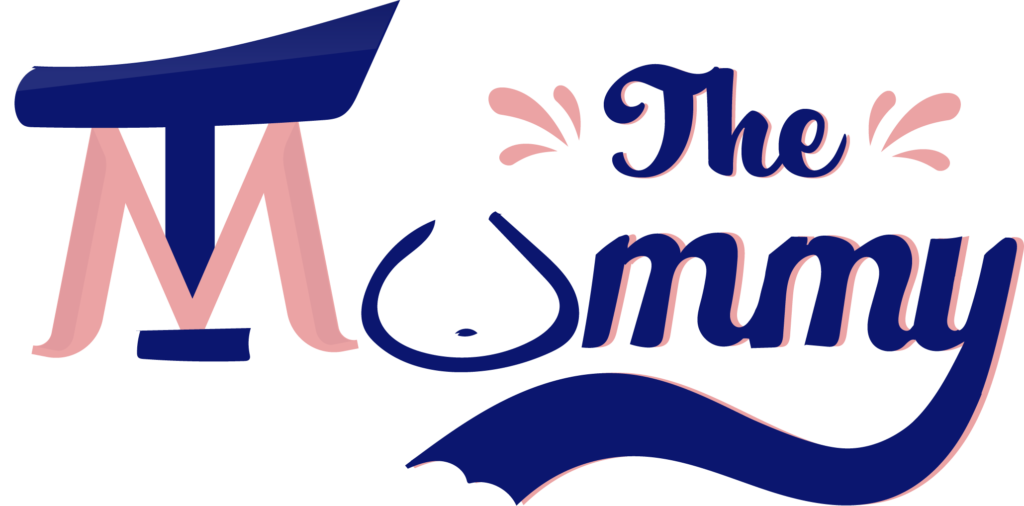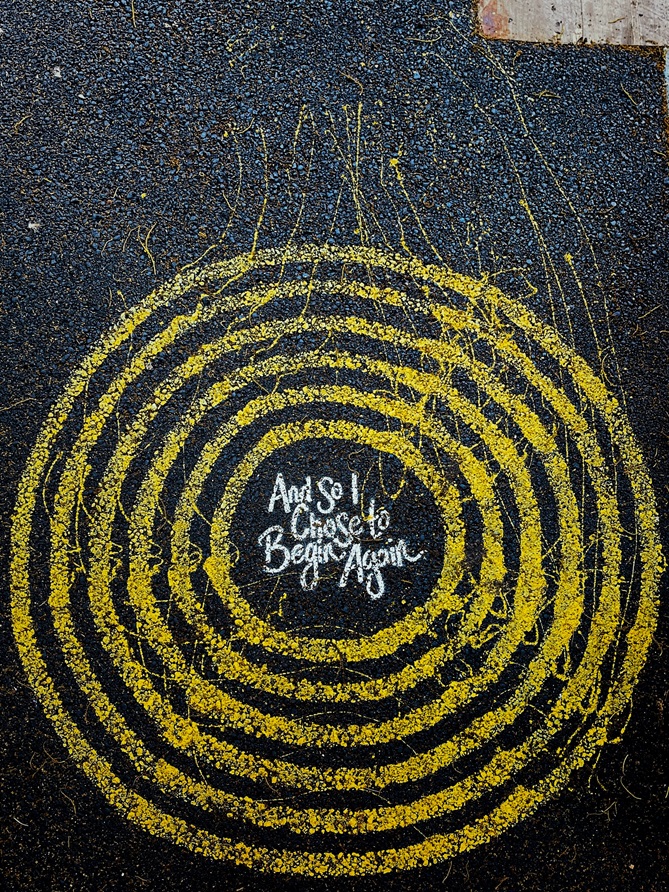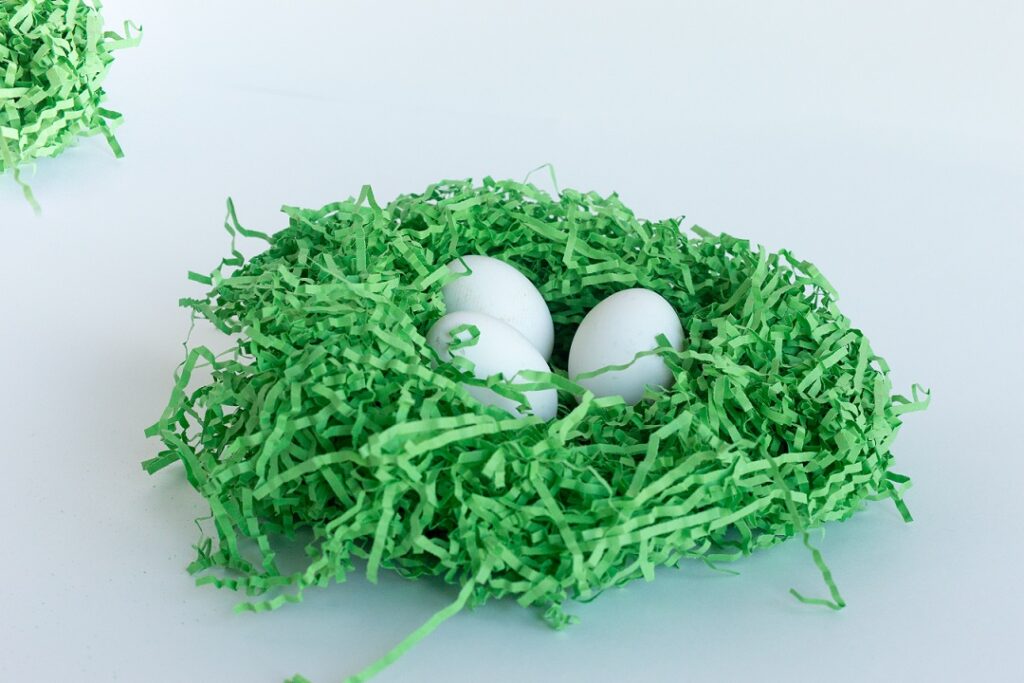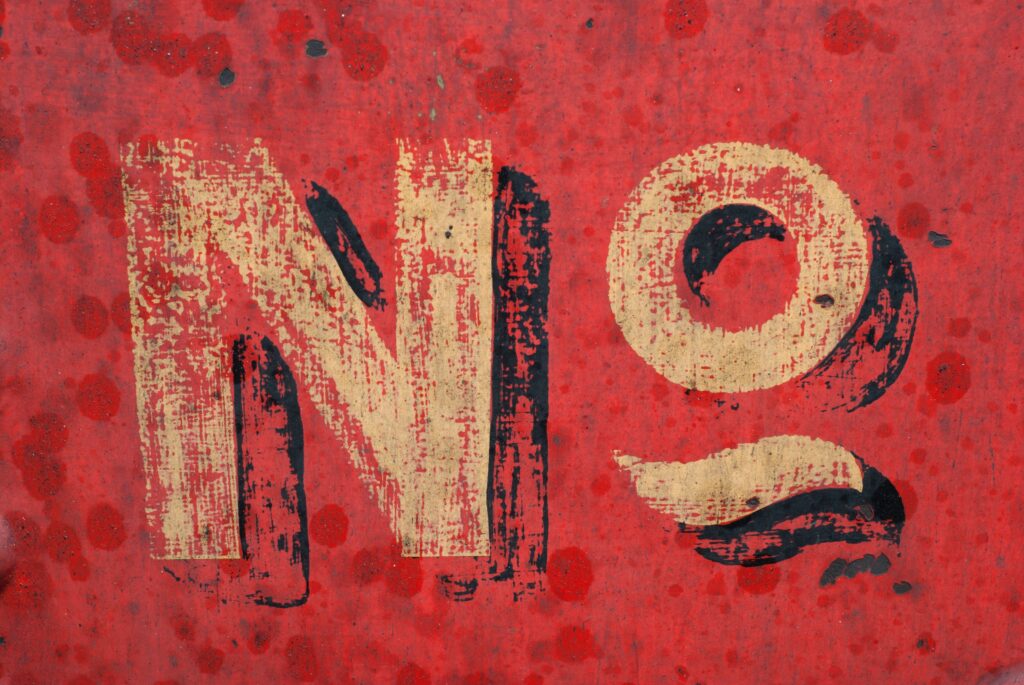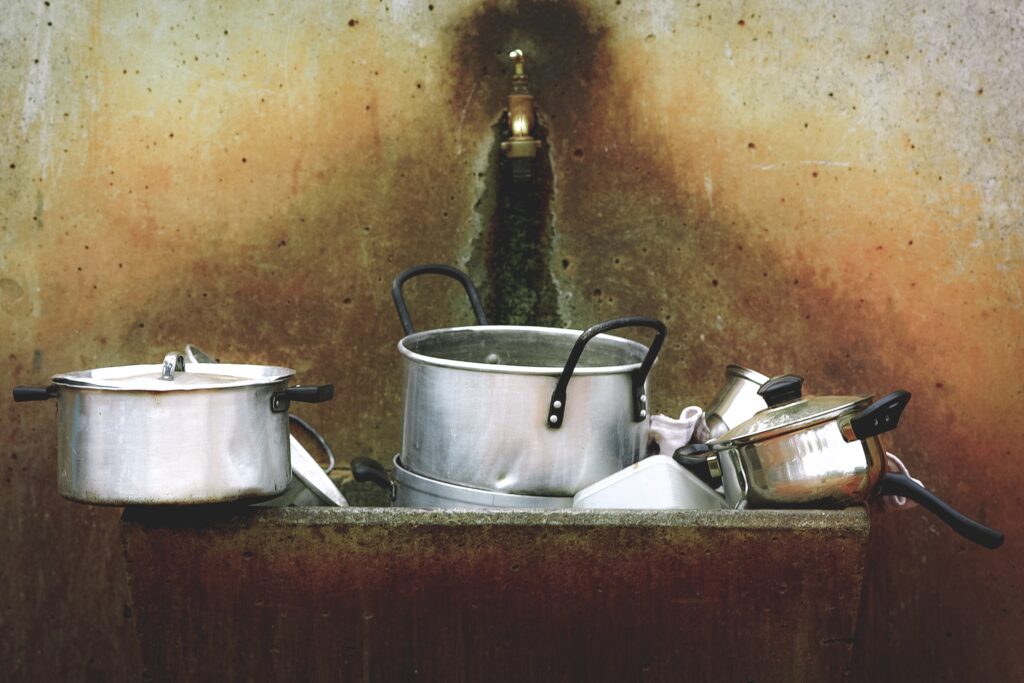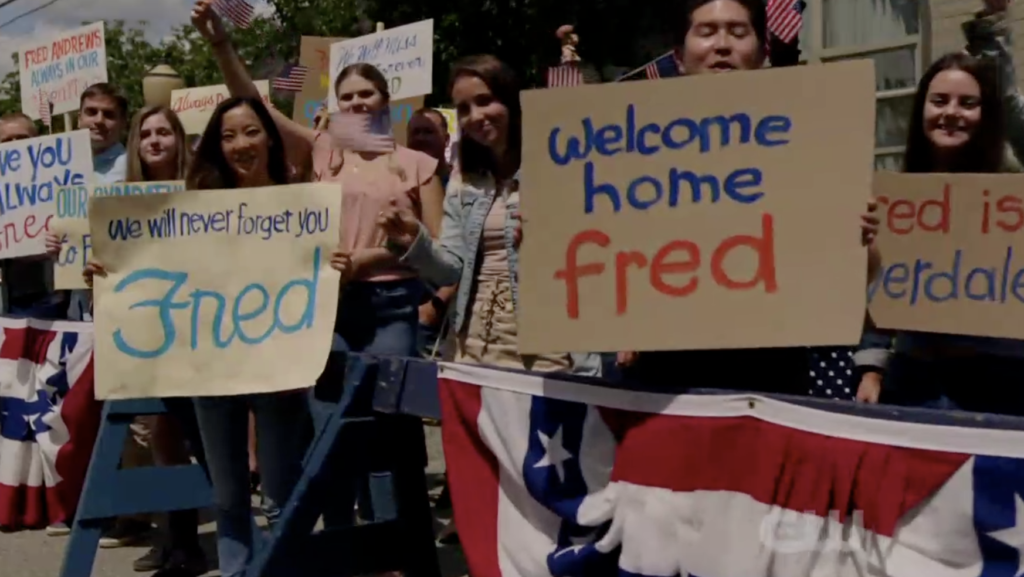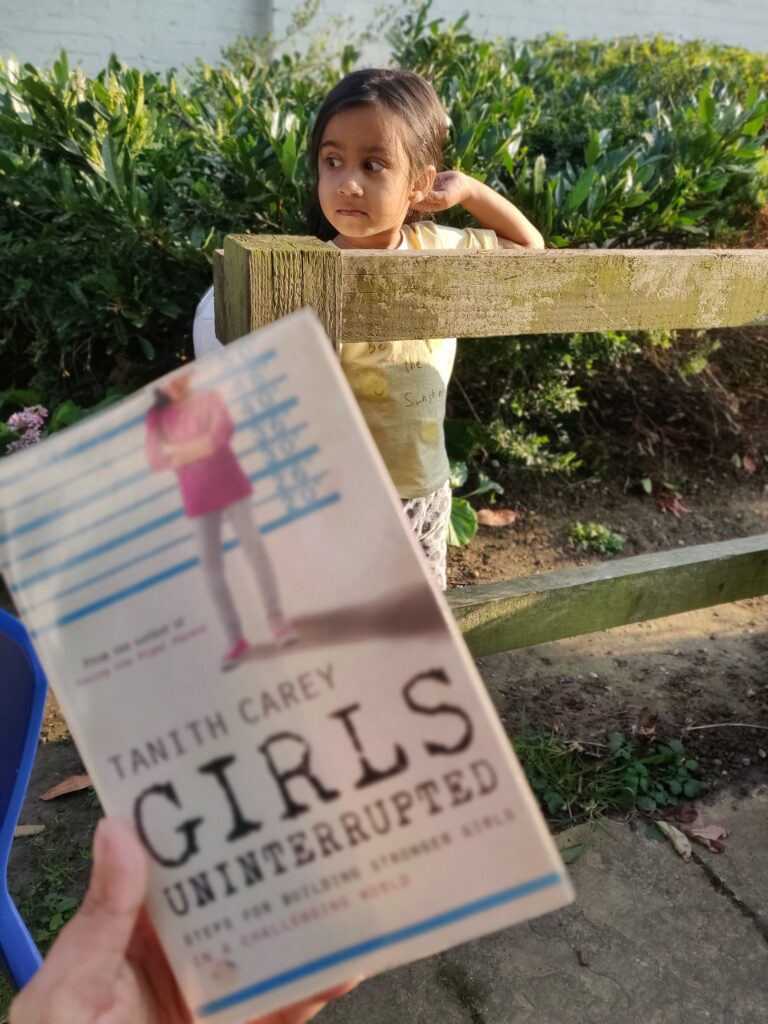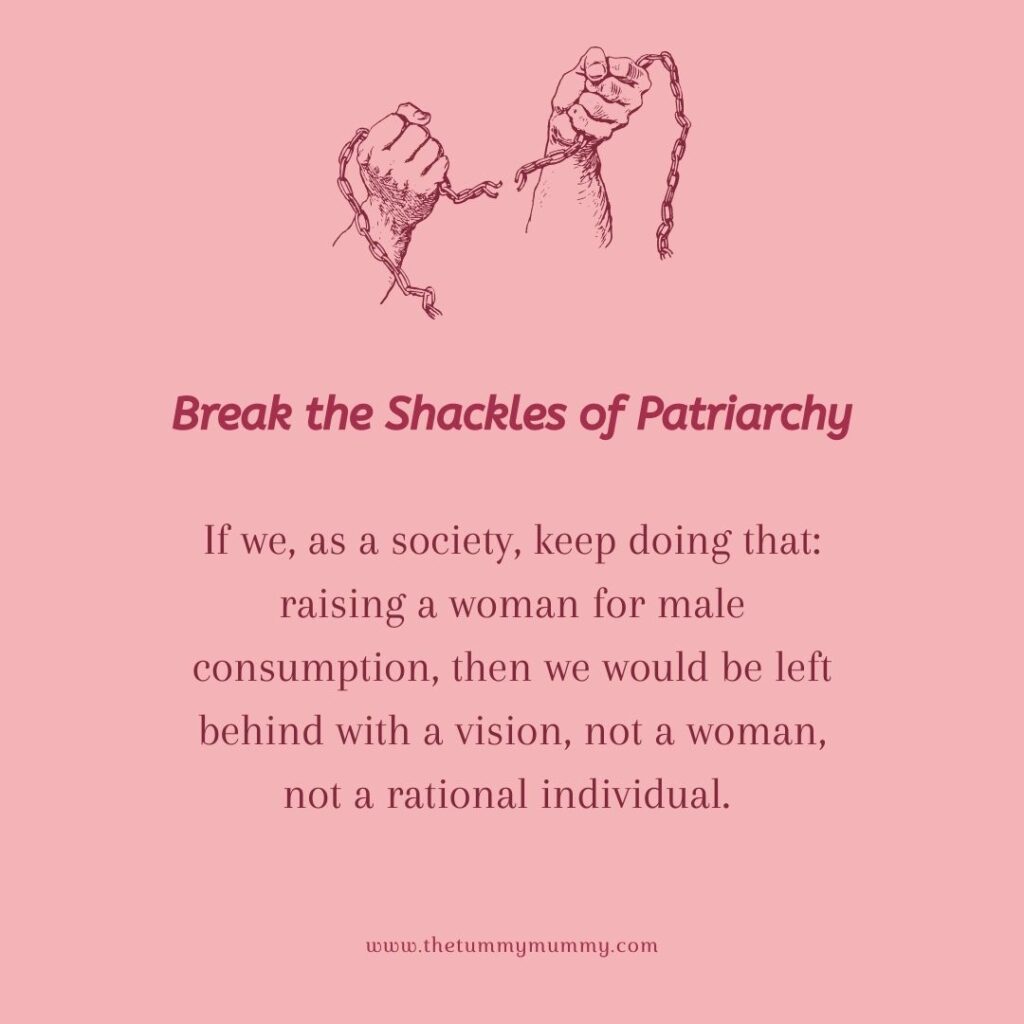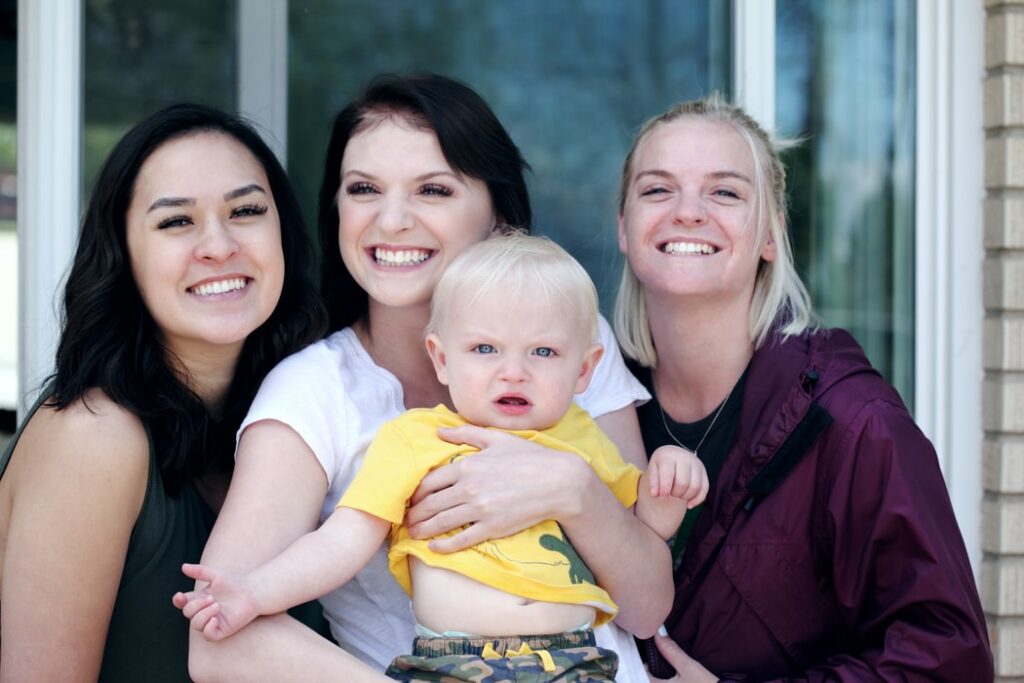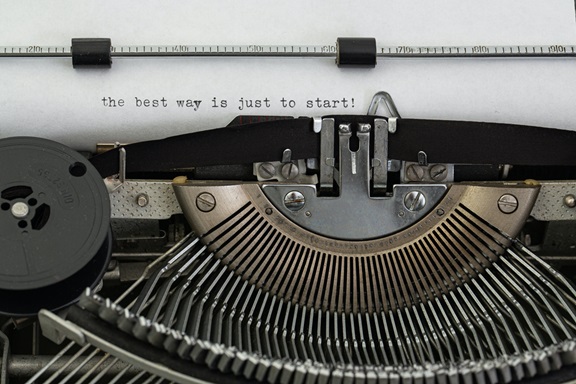
Writers, Social Media, and The Trap of Late Recognition
We are living in a world of social media. Any profession requires a social presence here. You must have at least an Instagram profile if you can’t have a TikTok or Snapchat account. Have you ever wondered how it influences the life of a writer? Not recently a few years ago, a friend of mine asked for a suggestion. She wanted to know how to build a blog as a side hustle. The first question I asked her was if she was interested in writing. She replied that she would be OK with writing if she could monetize it. It was what I said about math when I was in high school. Writing a book isn’t just about writing a book anymore. It is about writing guest posts, blogs, microblogs, social media content, and more. My three-year-younger version took the attitude of people like my friend toward writing offensively. Now I know better. All we want is to look for a way that makes better money. At the end of the day, we want to pay bills. Nevertheless, I can’t help but be disappointed in how social media influences writers. As far as I know, writers are the textbook definition of narcissists. How could a writer who doesn’t write for himself/herself relate or connect with others? All writers begin with memoirs- tales of first love, pets, broken hearts, long-lost friendships- to write those words they didn’t have the chance to spend. Today, with the limited, fast-paced limelight called social media presence, writers have the need to become content creators. So, what is the difference between a writer and a content creator? While both create content for the audience, writers can choose different styles, niches, and tones while writing. Marketing is essential for the writers-but how much time can a writer afford to think of marketing without affecting his/her writing? Writing a book isn’t just about writing a book anymore. It is about writing guest posts, blogs, microblogs, social media content, and more. Writers must boost their social media presence and increase engagement and traffic to sell more books. The freedom writers enjoy while writing essays or novels has been sufficiently reduced. To pay bills and monetize the writing, writers look at numbers and analytics to understand the audience’s pulse. Does it mean that the writers never wrote for readers before? No. Definitely not. All past, present, and future writers wrote and will write for the readers. Without readers, there is no need for the writers. Even the Creator needs us, humans, to admire and enjoy his creation. Books became audiobooks. Essays became microblogs. Flash fiction became quotes. Nevertheless, the writers had yet to feel compelled to create something tailor-made for the audience. They did not strive hard to please a particular set of people. Every artist knows that they cannot please everyone with what they do. Unfortunately, with the competitiveness in the media today, writers had to up their game by delivering copies that ‘sell.’ Today, the world depends on audio-visual stimulation more. Therefore, a writer, with words and more words in his/her hands, is forced to find a way to fight with the audience’s needs. Books became audiobooks. Essays became microblogs. Flash fiction became quotes. In a guest post, Amber Sparks says, “People who aren’t writers hate Flash. Which is most of the people who you want to buy your book.” I have known people who rejected a book because it was too big to finish; spoiler alert: it was 236 pages long. Some friends choose stories one to two pages long because they are in a rush. Despite everything, there is one indisputable advantage of social media: a good writer with knowledge in marketing need not wait for posthumous glory anymore. With marketing, the writer would avoid falling into the trap of late recognition and appreciation. However, suppose a writer has a good knowledge of social media and algorithms- in that case, they have a chance to shine when they are healthy and alive.

